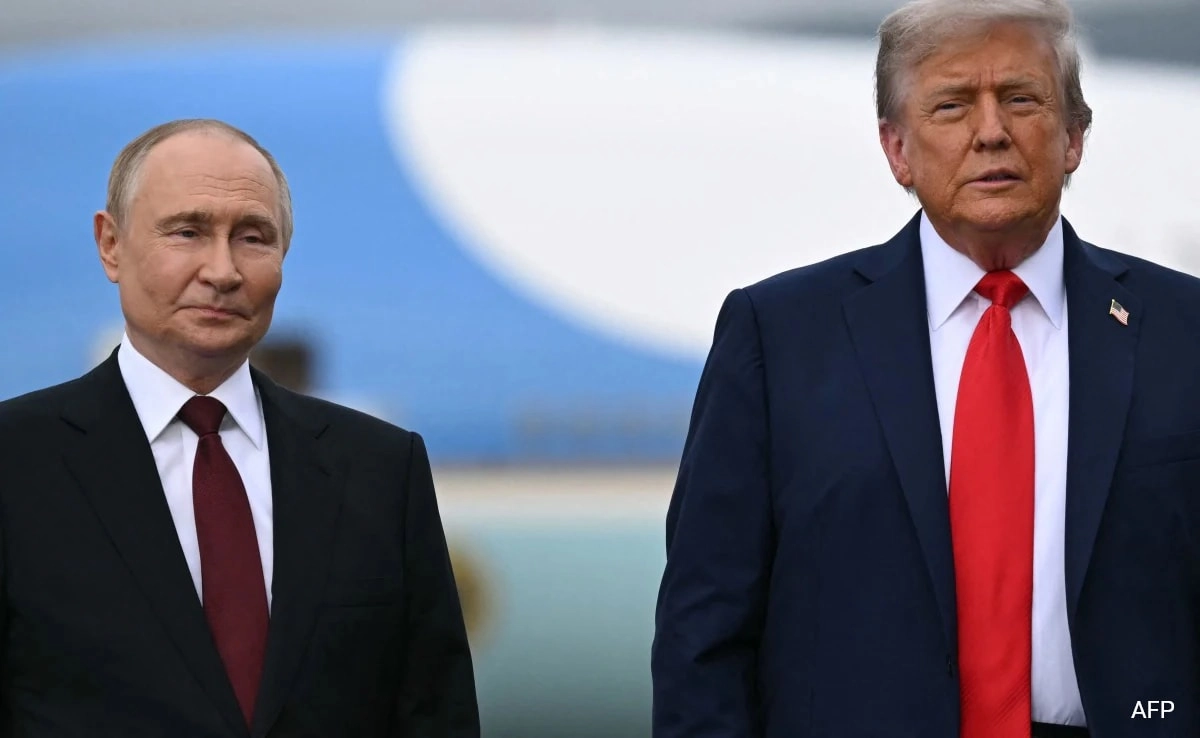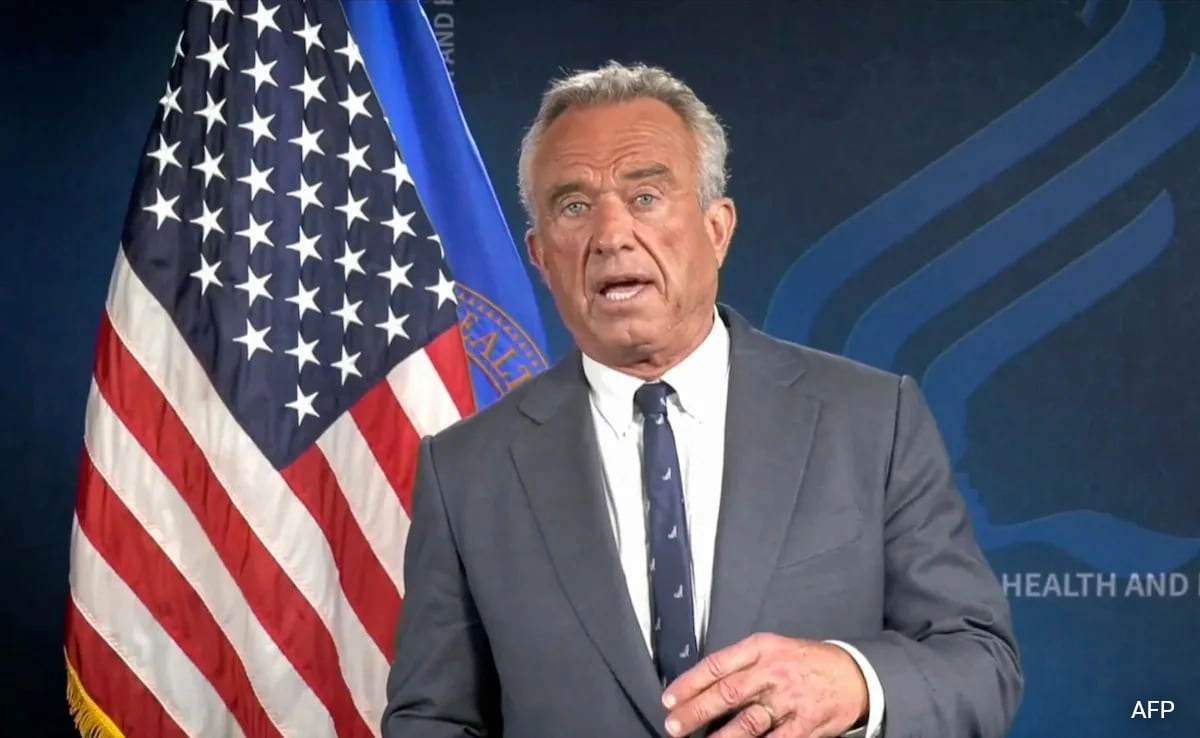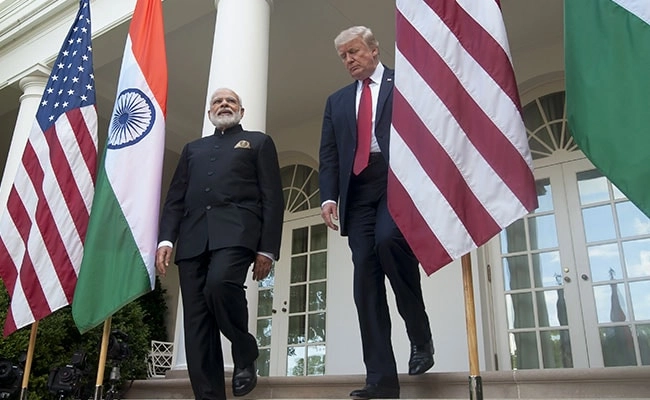The ongoing debate surrounding tariffs has taken a new turn with discussions in the US Democrats panel, particularly regarding the implications of imposing tariffs on India in the context of the broader geopolitical landscape, particularly with respect to Russia and its leader, Vladimir Putin. The panel emphasizes that imposing tariffs on India, a significant trade partner for the United States, is unlikely to have any meaningful impact on Putin’s actions or policies. Instead, the focus should be on addressing the underlying issues that allow such geopolitical tensions to persist.
The Democrats’ perspective highlights the complexity of international trade and diplomacy, suggesting that punitive measures like tariffs may not yield the desired outcomes in terms of influencing foreign governments. While tariffs can serve as a tool for economic leverage, they can also lead to unintended consequences, such as straining relationships with key allies and complicating trade dynamics. The panel argues for a more nuanced approach that involves engaging with countries on issues of mutual concern, rather than resorting to economic sanctions that may not effectively deter aggressive behavior.
Moreover, the discussion reflects a growing recognition among some political factions that the traditional strategies of economic warfare may need reevaluation. Instead of targeting nations like India, which have strategic partnerships with the US, policymakers are urged to focus on a cohesive strategy that addresses the root causes of geopolitical conflicts. This includes fostering dialogue and cooperation on security matters, trade agreements, and shared values. By doing so, the US could position itself as a leader in global diplomacy, rather than as a nation that resorts to isolationist tactics through tariffs.
In conclusion, the US Democrats panel’s stance is a call for a more sophisticated understanding of international relations, urging lawmakers to reconsider the efficacy of tariffs as a foreign policy tool. The case of India and Russia illustrates the need for a comprehensive strategy that prioritizes engagement over confrontation. Moving forward, it will be essential for US policymakers to strike a balance between protecting national interests and maintaining productive relationships with global partners to effectively navigate the complex landscape of international politics.




